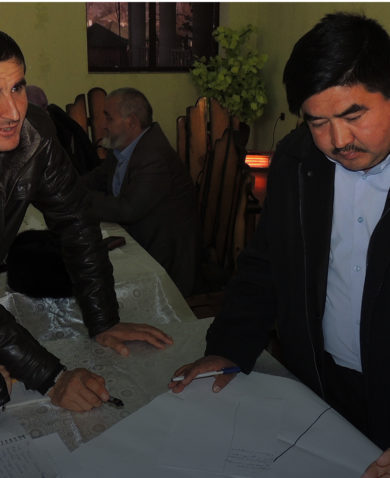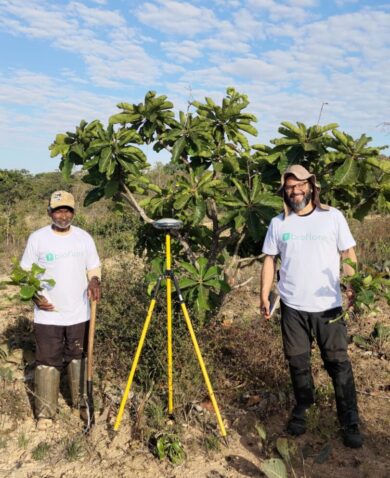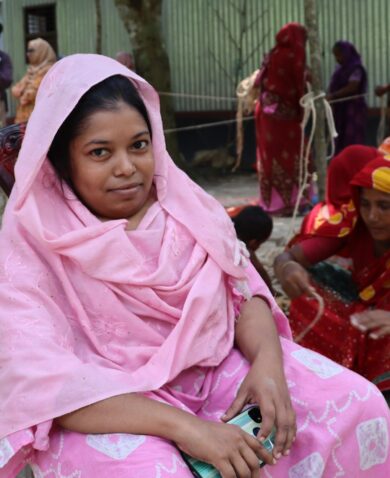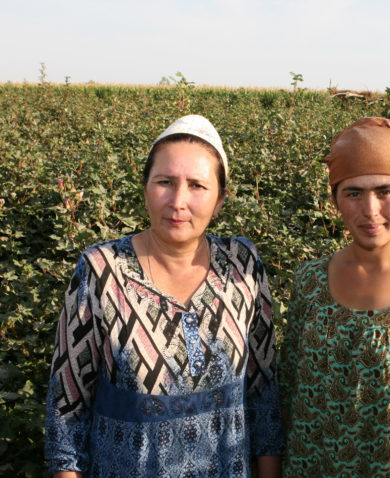Feed the Future Zimbabwe Fostering Agribusiness for Resilient Markets Activity
Colloquially named “the breadbasket of Africa,” Zimbabwe is endowed with agricultural lands hospitable to a wide range of crops and livestock. However, counterproductive agricultural policies and practices, a lack of access to affordable resources — such as fertilizer and feed — and water scarcity have hindered agricultural productivity. Food insecurity is now high, and Zimbabweans in both rural and urban areas suffer from malnutrition and poor dietary diversity.
The Feed the Future Zimbabwe Fostering Agribusiness for Resilient Markets (FARM) Activity, funded by USAID, helps increase the incomes of 20,000 smallholder farmers in Manicaland and Masvingo provinces. The activity takes a “whole-farm” approach that invests deeply in households’ and communities’ livelihoods while ensuring that livestock and crops provide high financial and nutritional value. FARM builds on Feed the Future efforts in Zimbabwe to scale up and integrate farming as a family business, improve household and community nutrition, and spur private sector engagement. As farming households increase their assets, they better equip themselves to adapt and respond to climate, economic, and other shocks. By investing in households and communities, the activity improves incomes, nutrition, and livelihoods, expanding inclusive and sustainable economic opportunities.





































